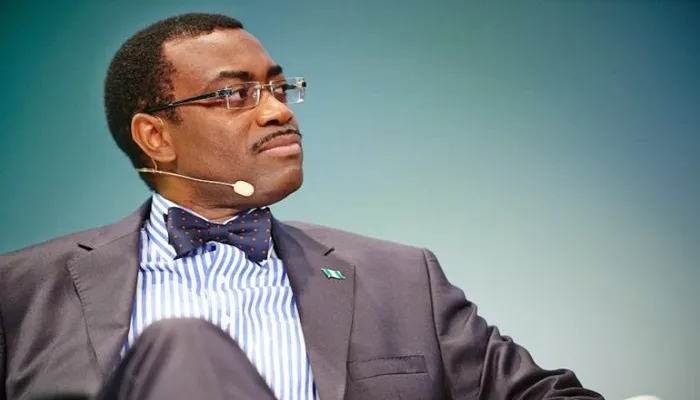
Edson Baraukwa | Africa Guardian
Akinwumi Adesina, President of the African Development Bank (AfDB), has highlighted Africa’s pressing housing deficit, stating that the continent requires 56 million new homes to address the growing demand. Speaking about Africa’s challenges and opportunities, Adesina emphasized the continent’s potential to attract significant global investment.
Investment Opportunities Amid Challenges
Adesina noted that while Africa’s hurdles are not unique, its vast resources and young population offer unparalleled opportunities. He pointed to the launch of the Africa Investment Forum (AIF) as a critical step in showcasing these opportunities to investors from across Africa, Europe, America, and Asia.
The AfDB President highlighted that 65% of the world’s remaining arable land is in Africa, paired with a young population of 477 million under 35 years old—an invaluable future workforce. “While the world transitions to an aging population, Africa grows younger,” Adesina remarked.
Housing and Energy Needs
Describing Africa as the world’s fastest-urbanizing region, Adesina projected surging housing demand, creating a significant market opportunity. He also underscored the continent’s critical role in global energy transitions due to its vast reserves of essential minerals like platinum, lithium, cobalt, and copper.
“If the world doesn’t know how to engage with Africa, capital won’t flow to our continent,” he warned, urging global stakeholders to rethink their engagement strategies.
A Legacy of Transformation
As Adesina nears the end of his decade-long tenure at the AfDB, he reflected on the institution’s growth under his leadership. Since its establishment in 1964 with just 10 employees and a $250 million capital base, the AfDB now boasts over 2,000 staff and a capital base that tripled from $93 billion in 2015 to $318 billion today.
“The numbers tell their own story,” Adesina said. “We’ve become a truly global institution, recognized as the world’s premier multilateral financial institution and the most transparent financial institution globally for two consecutive years.”
Strengthening Africa’s Global Voice
Under Adesina’s leadership, the AfDB amplified Africa’s presence on the global stage. Initiatives like Mission 300, developed with the World Bank, aim to connect 300 million Africans to electricity. The bank also mobilized $35 billion in 2023, despite global economic challenges, demonstrating its ability to attract investment even in turbulent times.
Adesina emphasized that private sector engagement is key to addressing Africa’s development challenges. The AfDB has launched initiatives like Africa 50, a private equity platform for infrastructure development with a $1 billion capital base and an $8 billion investment portfolio, as well as the Green Infrastructure Alliance, which aims to mobilize $10 billion for sustainable projects.
Fair Taxation and Africa’s Resources
Adesina has been vocal about Africa’s need for equitable benefits from its natural resources. “Any company working in Africa and drawing from African resources must pay taxes in Africa,” he stated, criticizing profit-shifting practices that deprive the continent of revenue. The AfDB supports reforming the global tax structure to ensure fair contributions from multinational corporations and provides legal assistance to countries through its African Legal Support Facility.
Striking a Balance with Tax Incentives
While advocating for fair taxation, Adesina cautioned against excessive tax incentives. “Tax incentives are like sugar—too much leads to diabetes. Giving too many incentives erodes fiscal space and harms economies,” he explained.
As Adesina prepares to pass the torch, his legacy includes not only a transformed AfDB but also a roadmap for leveraging Africa’s resources and human capital to create a prosperous future for the continent.
___
